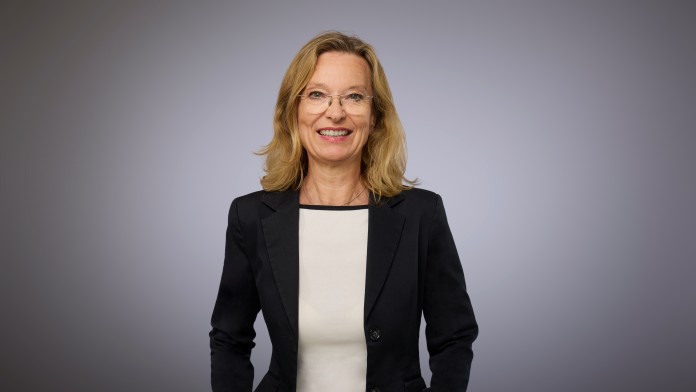Press Release from 2017-01-12 / Group, KfW Research
Unequal participation in continuing education in Germany – educational gap widens across individuals’ working lives
- One third of the workforce undertook vocational continuing education in 2015
- Continuing education participation depends heavily on existing qualifications
- Comprehensive further training with generally recognised certificates is rare
Lifelong learning is becoming increasingly important. Life expectancy is rising and the demands of the work environment are constantly changing, making it increasingly rare for vocational education to end with the first certificate earned. A recent survey by KfW Research has confirmed this. Vocational continuing education is considered very important by 52% of the workforce and important by 30%. The survey also identified a generational difference, with younger people giving greater importance to lifelong learning.
In 2015, around one third (32%) of the working age population took part in at least one continuing education activity such as a course, specialist lecture, retraining measure, upgrading training or extra-occupational study. That was around 16 million of the 50 million people aged 18 to 64 years. “Considering there is broad agreement on lifelong learning, continuing education participation rates can still be increased. Lack of time and costs are the main barriers”, commented Dr Jörg Zeuner, Chief Economist of KfW Group. Besides, some people underestimate their own need for continuing education.
The drive to stay abreast of new developments was described as the key motivation by 85% of respondents. Nine in ten respondents learned technical content relevant to their occupation. But soft skills also play a major role. A good one half of surveyed participants in continuing education (55%) reported having acquired personal or social skills.
The propensity to engage in continuing education is unevenly distributed in the population and depends heavily on the level of education already attained. The higher a person’s existing qualifications, the more actively they participate in continuing education. Graduates and non-university trained workers with technical degrees (master trade persons, technicians) participate more than the average. Nearly one in two (47%) adults in this group participated in continuing education in 2015. Of those with medium-level qualifications, 32% took part in continuing education in 2015. The participation rate of persons without formal qualifications is significantly lower, at 16%. “Continuing education is not a broad social phenomenon and low-skilled workers rarely engage in further training. As a result, the educational gap becomes even wider over people’s working lives”, Zeuner concluded.
A minority of participants in continuing education acquire substantial additional qualifications. In 2015, 13% of participants attended events that led to generally recognised qualifications. Many attend only short events and invest only a few hours in continuing education each year. Thus, 37% of participants obtained no certificate documenting additional qualifications acquired.
More information on the survey can be found at


Share page
To share the content of this page with your network, click on one of the icons below.
Note on data protection: When you share content, your personal data is transferred to the selected network.
Data protection
Alternatively, you can also copy the short link: https://www.kfw.de/s/enkBbm2w.BgMA
Copy link Link copied